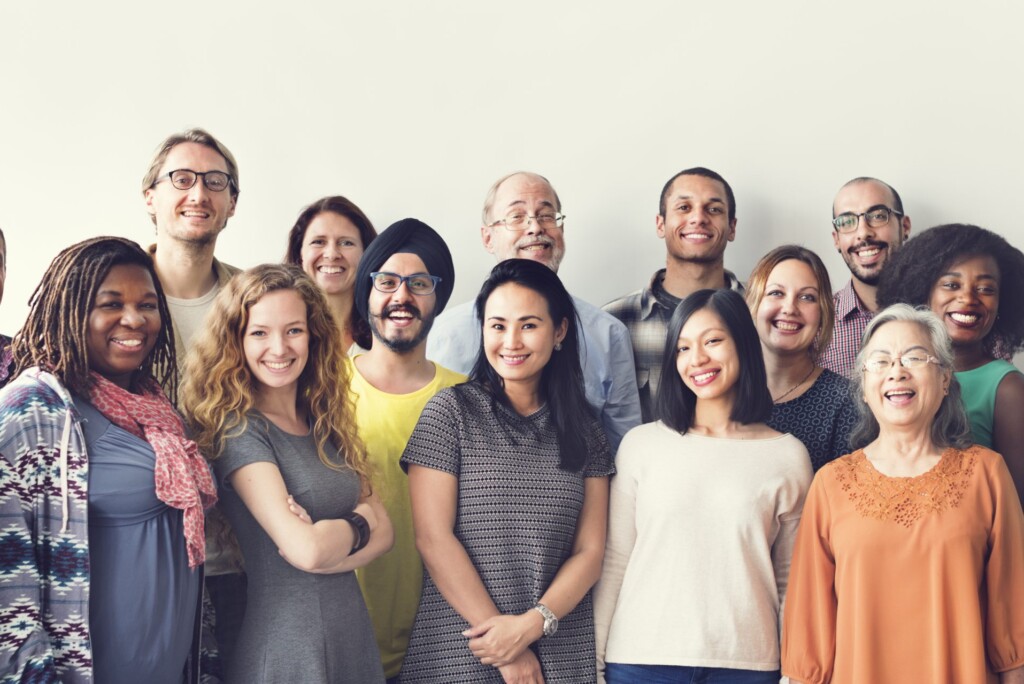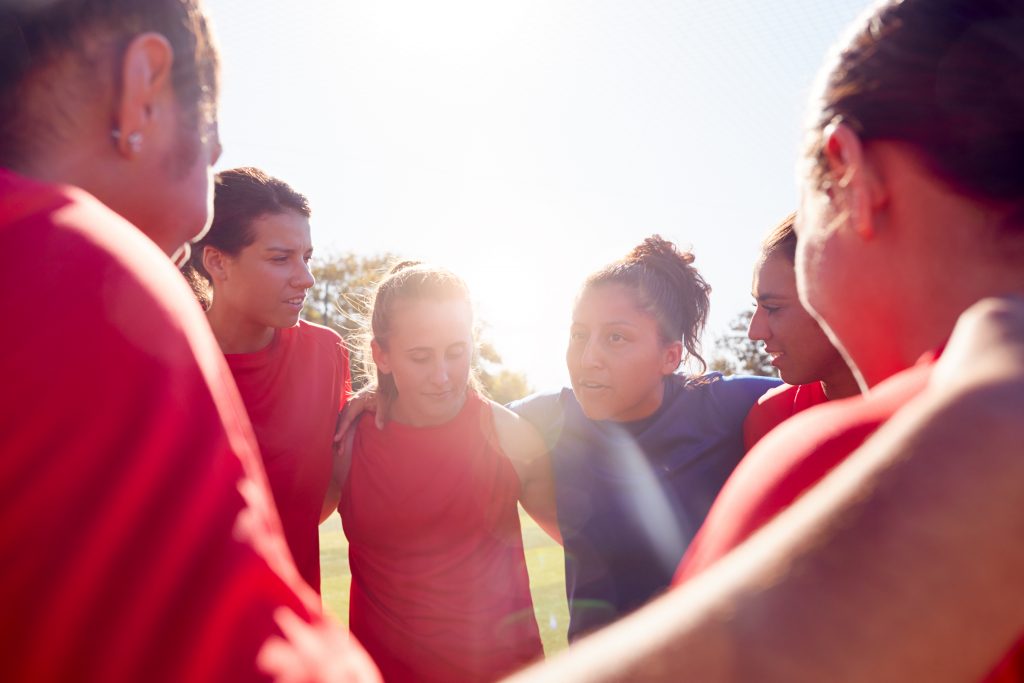Capacity Audit
Thinking of developing a new program or initiative? Before you start, research suggests completing a “capacity audit” to identify any gaps in available resources. The audit could include human resources (e.g., number of volunteers, level of expertise among executive members), financial resources (e.g., availability and stability of funds), existing relationships (e.g., quality of partnerships), planning (e.g., alignment with…
Impact of Climate Change on Professional Athletes: Q&A with Craig McMorris and Geneviève Lalonde

In December 2019, the Canada Games Council (CGC) signed on to the UN’s Sports for Climate Action Framework and is now developing a new sustainability strategy. To better understand how climate change is impacting Canadian athletes, CGC reached out to two former Canada Games participants, pro snowboarder Craig McMorris and Olympic steeplechaser Geneviève Lalonde. From…
Experts in the House – Q&A with Beckie Scott on Integrity in Sport

In this highly-anticipated SIRC webinar, Politics vs Principle: retaining integrity in sport, and why it matters, Beckie Scott discussed the importance of ethics and integrity in sport and safeguarding the rights of athletes in the face of increasing pressures to generate revenue and the expectations of International sport bodies. Below is a video recap of…
Evaluating Impact using the RE-AIM Framework

For any organization, the ability to demonstrate impact — to funders, board members, and other stakeholders — is crucial. Demonstrating the value of an organization, project, or service is important to access financial support, engage stakeholders, and achieve organizational objectives (Fedorciow, 2012). Within the Canadian sport system, sport administrators are increasingly required to design and…
Building Capacity in Community Sport Organizations

Community sport organizations (CSOs) occupy an important place in our communities by providing sport and recreation opportunities for all ages, as well as serving a wider social role within our communities (see, for example, Taking Action: Community Sport Organizations and Social Responsibility by Misener, 2018). Previous research has pointed to the challenges these organizations face,…
Supporting Leadership Learning: From Classroom to Boardroom to Playing Field

There are as many definitions of leadership as there are people writing about it. To me, a leadership learning facilitator and teaching faculty member, leadership is a body of skills and behaviours which enable the positive holistic development of people and performance. I have been told countless times that leadership is learned in sport, and…
Employee Appreciation
Regular check-ins, productive feedback, schedule flexibility, and professional growth opportunities are a few simple ways to express gratitude to your employees. Research has shown that when employees feel appreciated, they are more productive. Similarly, teams perform better when members believe their colleagues respect and appreciate them.
Returning to Play…Better

When the initial shock of the COVID-19 lockdown passed, the attention of our sector turned to contemplating what sport and physical activity would look like in an era of public health restrictions. The development and implementation of return to play plans, driven by a commitment to sport organizations’ members and the practicality of long-term sustainability,…
Gold Medal Governance
Boards of directors in the Canadian sport system governing in an increasingly complex sport system and facing big issues – safe sport, inclusion and diversity, and the organizational and programmatic implication of COVID-19. Whether you’re on a board or work with a board, the newest SIRC blog series discusses six keys to “gold medal” governance.
COVID-19 Liability Considerations
The return to play brings with it some risk for the transmission of COVID-19. For sport organizations, the key to reducing legal liability is to implement the appropriate policies, procedures and guidelines. Consider the use of infection control mechanisms and precautions, insurance, express exclusion of liability, and force majeure clauses to minimize legal risks for…